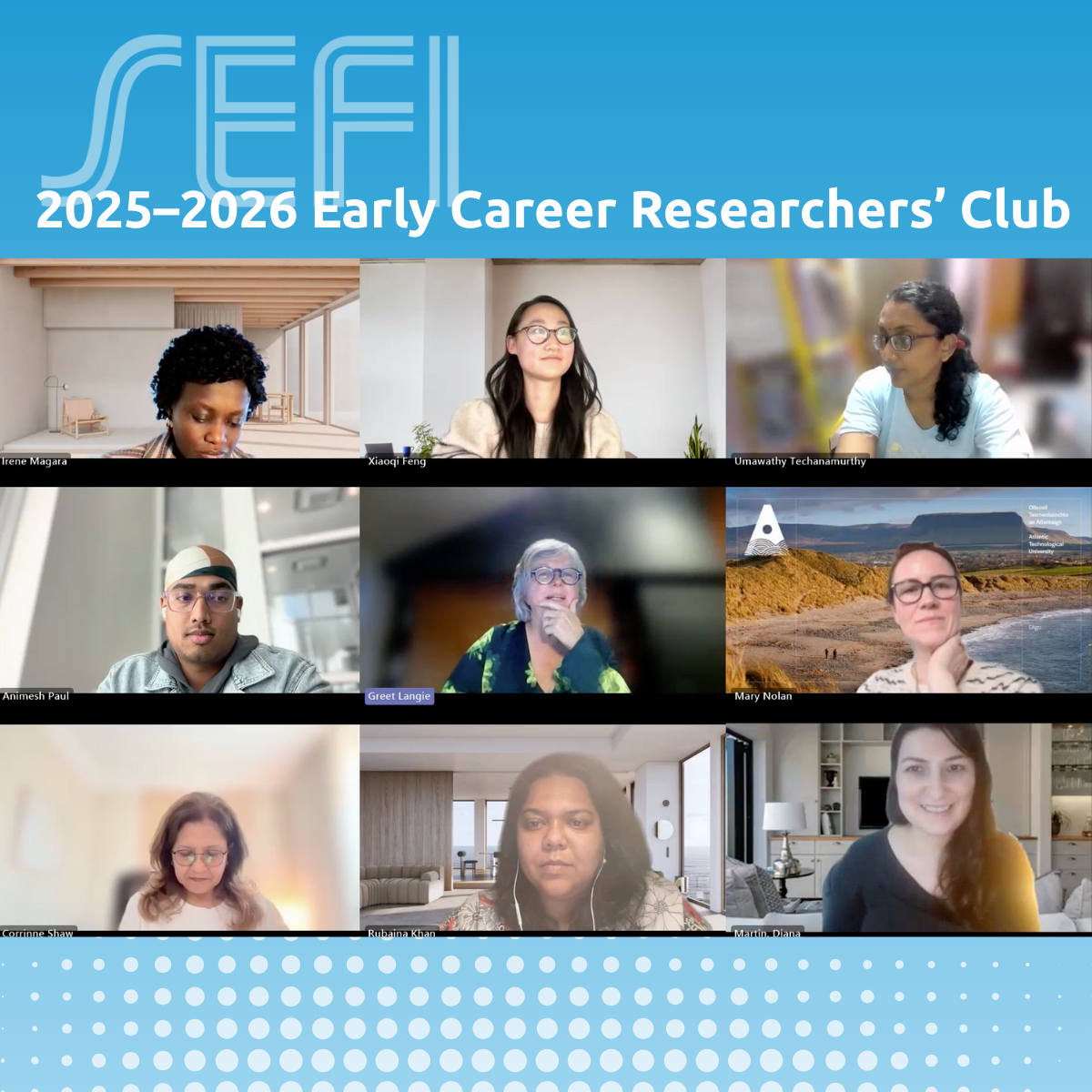The SEFI Early Career Researchers’ Club is a 9-month initiative designed to support and connect…
The COVID-19 crisis severely disrupted the education of engineering students in Spring 2020. For engineering students learning about ethics, however, the COVID crisis also created an opportunity to make ethics issues real. In TU Eindhoven, COVID impacted on what was included in the students’ ethics courses this spring as well as on how they learned.
One of the courses being taught in spring semester in TU Eindhoven was a master’s elective course entitled “Ethics and the Risk Society”. “The daily COVID-19 news items were a perfect input for discussion on this”, says the course professor Gunter Bombaerts. The course focuses on risk perception, scientific risk assessment, risk communication and risk management andGunter identifies multiple ways in which these issues could be addressed through the lens of the COVID-19 crisis, including “happiness, privacy, dignity in dying, poverty, criminality shift, business ethics, resilience, inequality and justice, responsibility, solidarity, trust in government, racism, faith, decisions under risk and uncertainty, and more”. The COVID-19 crisis made these ethical issues very personal for some of the students, and this is reflected in students’ work: For example, Gunter says, “One student has a nice very personal paper on his choice he had to make on March 15: stay in the Netherlands or return to his native country”.
If COVID impacted on what was taught, it also impacted on how it was taught. Content delivery can be readily moved online, however, classes that are based on interaction, discussion and debate are harder to move to an online environment, even if the students are highly experienced and are not fazed by the approach: “As a teacher, I feel I get energy from teaching live. Talking to a computer with muted students is not giving energy to me. Real, live is better for a course like this”. The move online also made it difficult to engage in active learning that required the use of equipment. In a first year course he teaches, Gunter gets the students to think about data ethics by wearing a set of smart wearables that measure blood sugar level, moods, GPS-tracking, and food intake. “They have to design an ethical platform to collect these data and design ethical nudging on their own colleagues. Here, the lack of physical contact was a burden to deliver the blood sugar sensor and make them do things physically together”. Still, the transition on-line also gave rise to opportunities: in one of Gunter’s classes, students worked in teams and managed their team discussions using Slack. “There seems to be a positive impact for engineering students who in real life meetings have more difficulty to speak up. With the slack and online meetings, some students experienced a lower threshold”. It seems likely that as the COVID crisis continues into the autumn 2020, the ‘new normal’ of engineering teaching will mean that teachers will spend less time face-to-face with their students than before. In moving some learning online, it seems we also need to be clear about what kinds of teaching does need to happen face-to-face. If only some teaching and learning can happen on campus, the kinds of discussion and dilemma based-teaching and experiential learning often used in ethics courses should be among those that are prioritised.


